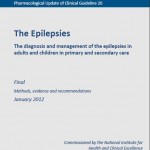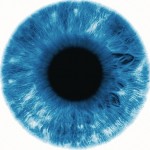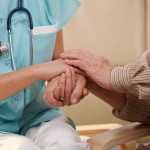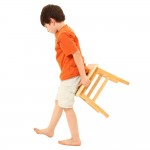
Mental health is an area where a lot of evidence-based guidelines now exist. A lack of evidence isn’t always the problem. In some cases, one of the key issues is that clinicians don’t adhere to the guidelines. The reasons for this can be many and varied: because they don’t know about the guidelines, because it’s [read the full story…]






